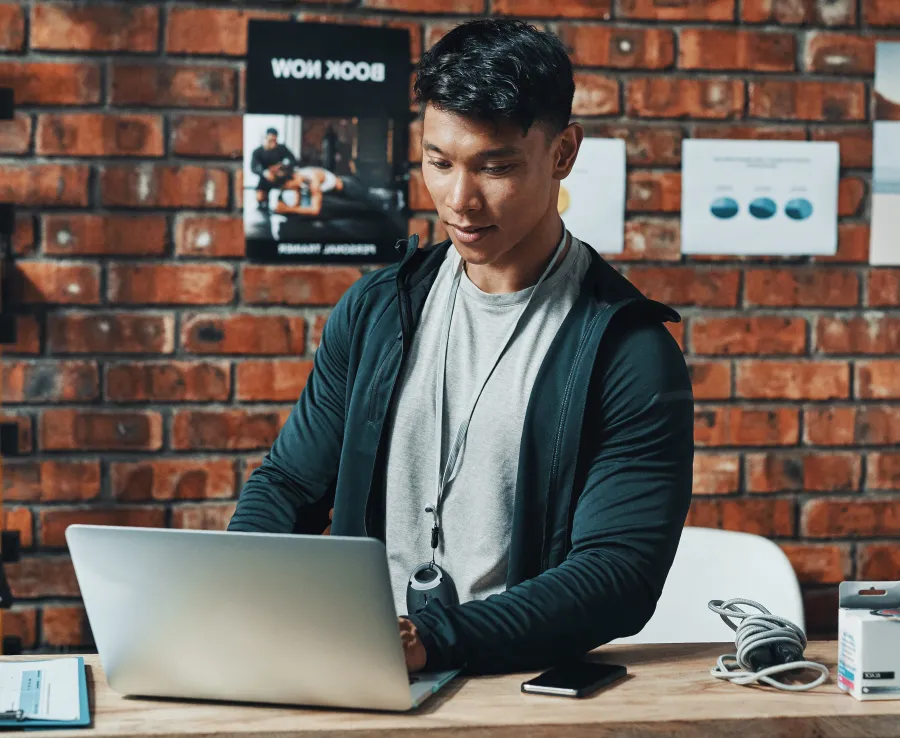It is normal for issues or complaints to arise in sports clubs and associations. There are many reasons why someone might make a complaint. This could include experiencing an upsetting event, rules not being followed, or concerns over the conduct of people during the course of sporting activities.
The rules of sport
The rules players, coaches, officials, committees, staff and spectators need to follow are generally detailed in your:
- Club constitution and club specific codes of behaviour or policies
- Agreements or contracts you have in place for coaches, volunteers or staff
- Integrity policies your sport has signed up to via the National Integrity Framework, or your sport’s own integrity policies
- State, territory of federal laws.
You don’t need to be an expert in the law! What you do need is to understand the policies and codes your members agree to when they join or register, and crucially – what you need to do when serious or complex issues arise.
Values and expectations
Effective complaint handling is not just about enforcing rules – it’s also about people’s right to participate in environments that are safe, fair and inclusive. Responding positively to complaints shows your club cares about people’s experiences. Evidence from community sport shows that one of the reasons people leave is because of poor culture.
So, viewing complaints as an opportunity to strengthen your club’s culture is a positive thing. The benefits of handling complaints quickly and effectively can include:
- Safety for everyone
- Retaining members
- Building trust and
- Growing your volunteer base.
.
Whose role is it?
A complaint handler can be described as:
Any person in authority in the club or association who may be required to deal with complaints or concerns in the normal course of their duties. This includes committee members (president, vice president, secretary, operations manager or ordinary members etc), coaches, and officials (referees and umpires).
Complaint handlers in clubs and associations will deal with a range of issues during the course of their duties.
External Support
Help is available for your club or association to manage serious incidents. There are some things that you must report, so make sure your committee, nominated Complaints Officers and Member Protection Information Officers understand the roles and responsibilities detailed in the relevant:
- Safeguarding Children & Young Policy
- Member Protection Policy
- Competition Manipulation and Sport Gambling Policy
- Improper Use of Drugs and Medicine Policy
- Complaint and Dispute Handling Policy (that aligns to the above policies)
If your sport is AFL, NRL, Cricket, Football (soccer), Rugby, Tennis, Netball, Surfing, Life Saving or Basketball, check with your national or state sport association for the relevant policy.
All other sports are part of the National Integrity Framework. Under this framework, Sport Integrity Australia and your sport’s National Integrity Manager can help ensure compliance. Check if your sport is one of the many sports signed up to the NIF.
For more information, training and resources, visit Sport Integrity Australia.
Remember, always call 000 if there is immediate danger.
